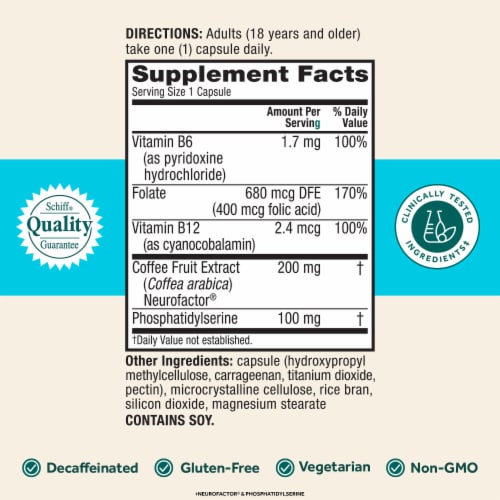Gaza's Hospital Stock Running On Near Empty
페이지 정보
Carri 0 Comments 14 Views 25-10-01 15:05본문

The shortage of drugs in the Gaza Strip goes back to 2006 - after Hamas gained the majority electoral vote in the Gaza Strip - when newly imposed Israeli sanctions brought cuts to the finances of the Palestinian Authority, stopping or delaying vital medical aid from getting by way of to Gaza. Dr Naim introduced the "emergency situation" on the scarcity of medicines and medical provides. On May 10, Dr Hassan Khalf, deputy minister of well being in Gaza instructed Al Jazeera that Gaza's Al Shifa hospital had to cancel all scheduled operations on eyes, blood vessels and nerves because of the shortages of medicines. A press launch printed by Al Mezan Center for Human Rights acknowledged that the current downside was due to the shortcoming of the Ministry of Health to pay again loans from pharmaceutical firms. Over the past five years, Gaza's Ministry of Health has complained that the scarcity of medication is because of the Fatah government in Ramallah. Fatah are accused of not sending adequate medical provides by way of to the Gaza Strip.
Minister of Health Dr Naim, however, has also laid the blame on the shortfalls of the West Bank Palestinian Authority. The Gaza Strip and the West Bank are dominated by competing governments, although they signed their deal in Cairo aiming to establish a new national unity authorities. Dr Naim says that the US and Israel exert strain on the PA to not send medicines and medical supplies to Gaza in an attempt to weaken the formation of the new Palestinian national unity government. Human rights groups agree that the crises have hit each the Gaza Strip and the West Bank, because of the instability in overseas funding - and Israel refusing to challenge taxes and revenues collected on behalf of the Palestinian Authority. Officials at Gaza's Ministry of Health say that the ministry imports the annual stocks of medication each March. But, for the time being, provides have not been replenished since 2010, and the shelves are almost empty. Gaza's main hospital has to receive all medical supplies from the Western-backed Palestinian Authority, because worldwide donors desire the PA to manage all humanitarian budgets and deliveries, best brain clarity supplement health supplement in order to avoid dealing with the Hamas-led government.
Al Mezan confused that nonetheless, after five years, the stock provide crisis continues within the Ministry of Health and is "very critical". The centre says "it's pressing that we expedite work at the best ranges to develop insurance policies and actions to handle this disaster, and to make sure the availability of a adequate stock of medicines and provides to fulfill the wants of the Ministry of Health, below normal - and emergency - circumstances". Meanwhile, Dr Naim introduced posponements of operations and medical procedures, together with the issuing of ICU medication, obstetric supplies, a suspension of much paediatric and ophthalmic surgery, cardiac catheterisation, and renal, orthopedic and neurological surgery. The ministry of well being is in direct contact with Egypt, Qatar, Turkey and "Middle East Quartet" - comprising the United Nations, United States, European Union and Russia - in an attempt to get a immediate reaction and to "instantly raise the siege" imposed on the well being sector, in keeping with Dr Naim. In Ramallah this week, 700 Palestinian medical doctors jointly resigned from their positions in hospitals throughout the West Bank.
Health officials say that such a collective transfer is the primary in Palestinian historical past. These doctors, who went on strike prior to their resignation, are amongst 1,050 physicians who had requested dialogue with the minister of well being in the Fatah authorities, Dr Fathi Abu Moghli. In a press release by the pinnacle of the Palestinian docs' syndicate in Ramallah, Dr Jawad Awwad said this collective resignation was resulting from Dr Abu Moghli's policy of "humiliating medical doctors by failing and refusing to have dialogue, despite the strike lasting for 60 days". However, Dr Mounir al-Boursh, brain support supplement booster supplement director of Gaza's pharmaceutical division inside the health ministry stated his hospital is "helpless" due to the scarcity of medical supplies, including analgesics, antibiotics, antiseptics, bandages and spare components for electricity generators. The generators, which power chilly-storage for blood, plasma and vaccines, are even more important for hospitals in Gaza's coastal area than elsewhere, as there are frequent blackouts. Meanwhile, the Strip's Hamas government announced that it could deduct five per cent from the salaries of its 40,000 Gazan workers to complement the price of medical supplies and medicines. The well being disaster involves greater than medical supplies. Poorly outfitted hospitals have forced many Gazans to hunt medical therapy within the West Bank and Israeli hospitals, but this requires an exit permit for each affected person to cross by means of the Israeli-managed Erez crossing. Recently, Israel denied entry to 10-month-outdated Ismail Salameh, who was to receive medical treatment in an Israeli hospital, a process coordinated and financially coated by Ramallah's well being ministry. Ismail has since been receiving medical remedy at al-Rantisi hospital in Gaza.
댓글목록
등록된 댓글이 없습니다.